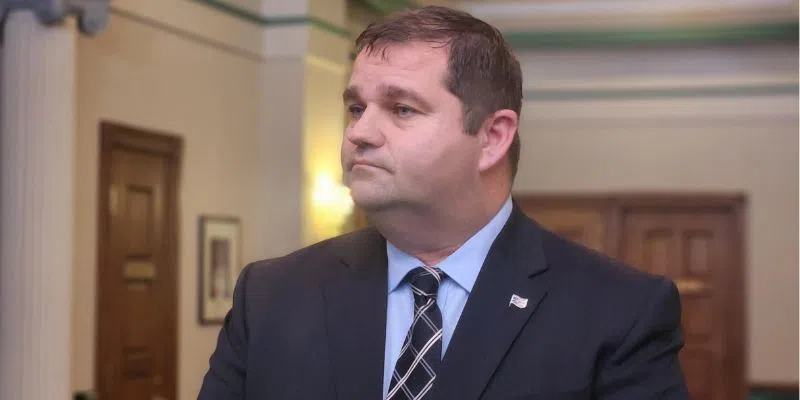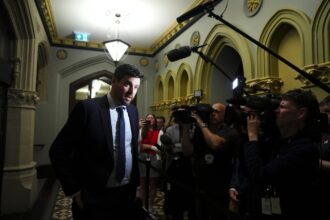In what could mark a watershed moment for Canadian education policy, provincial and territorial ministers are poised on the edge of their seats as the much-anticipated final report of the Education Accord is set for release this week. The comprehensive document, culminating years of cross-jurisdictional collaboration, aims to address persistent inequalities in educational outcomes across Canada’s diverse regions and demographics.
“This isn’t just another report destined to gather dust on ministerial shelves,” remarked Dr. Elaine Chow, education policy expert at the University of Toronto. “The Accord represents the first truly national approach to addressing systemic barriers in our education systems since the constitutional division of powers placed education firmly in provincial hands.”
The initiative, launched three years ago amid growing concerns about Canada’s sliding position in international education rankings, has brought together stakeholders from every province and territory. Their mandate: to develop actionable frameworks that respect regional autonomy while establishing minimum national standards for educational quality and accessibility.
Sources within the Education Ministry confirm that the report identifies significant disparities in educational outcomes between urban and rural communities, as well as persistent achievement gaps affecting Indigenous students, newcomers, and children from lower socioeconomic backgrounds. The report reportedly contains over 40 specific recommendations, including standardized assessment protocols, teacher certification reciprocity agreements, and substantial increases to funding for underserved communities.
Provincial education ministers have maintained an unusual solidarity throughout the process, despite traditional political divisions. Manitoba’s Education Minister commented off the record that “education might be the one area where we’ve found common ground in an otherwise divisive political landscape.”
Particularly noteworthy are the report’s recommendations for addressing Canada’s education funding model, which has long been criticized for creating disparities between wealthy and economically disadvantaged school districts. The proposed equalization framework would establish federal transfers specifically earmarked for schools in communities facing socioeconomic challenges.
Indigenous education advocates have cautiously welcomed early indications that the report acknowledges the need for culturally responsive curriculum development and greater autonomy for First Nations, Métis, and Inuit communities in educational governance. This represents a significant shift in political priorities from previous federal education initiatives.
The timing of the report’s release coincides with growing public concern about Canada’s ability to prepare students for rapidly evolving economic realities. Recent OECD studies show Canadian students slipping in mathematics and science achievement compared to international peers, while employers increasingly report skills gaps among recent graduates.
“The challenge now will be implementation,” notes former Deputy Minister of Education Jean-Pierre Bouchard. “We’ve seen promising national frameworks before, but without concrete funding mechanisms and accountability measures, they rarely translate to meaningful change in classrooms.”
Education stakeholders across the country are planning coordinated responses to coincide with the report’s release. Teacher unions have indicated they will scrutinize recommendations regarding professional development and workload considerations, while parent advocacy groups are mobilizing to ensure community voices remain central to implementation discussions.
As Canadians await this pivotal document, the question remains: will this Accord finally bridge the gap between our aspirations for world-class education and the complex realities of delivering equitable learning opportunities across such a geographically and culturally diverse nation?










